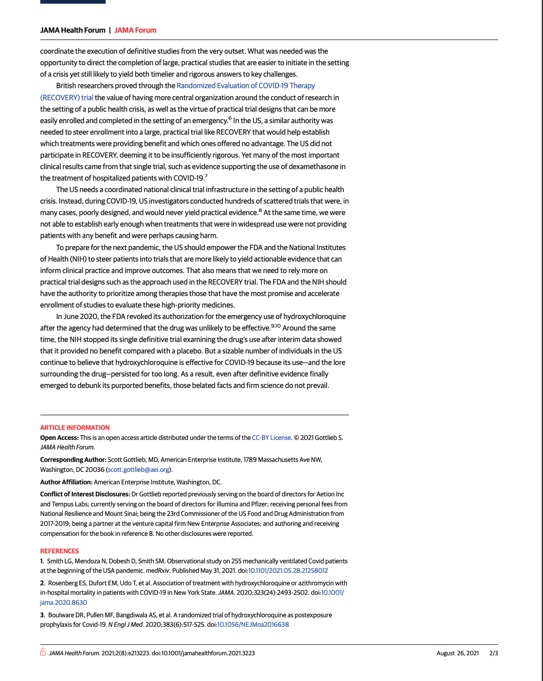
In this thread, I’m collecting some of the good threads today from experts on the potential significance and implications of the new variant. Outstanding to see so much sharing of quality science, perspective on @Twitter
From @megtirrell on feedback from vaccine makers
https://twitter.com/megtirrell/status/1464225637590310938?s=20
From Jeffrey Barrett @jcbarret
https://twitter.com/jcbarret/status/1463975708770897923
From Trevor Bedford @trvrb
https://twitter.com/trvrb/status/1464353224417325066
• • •
Missing some Tweet in this thread? You can try to
force a refresh










